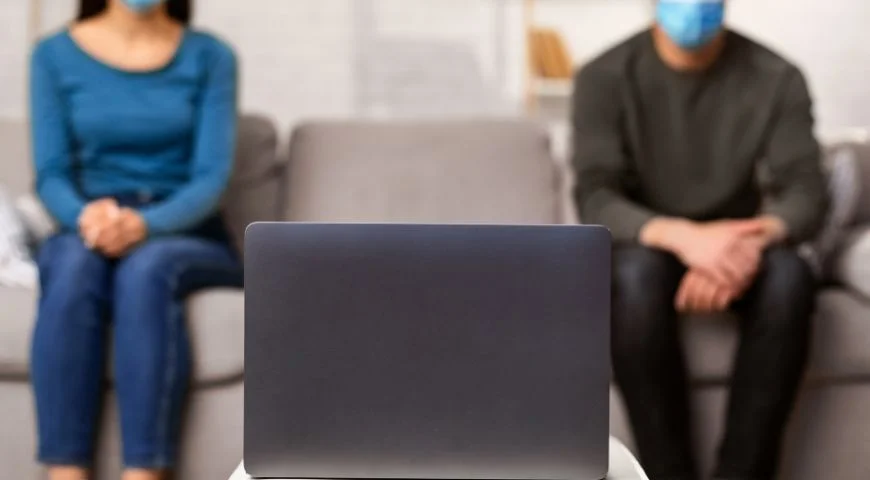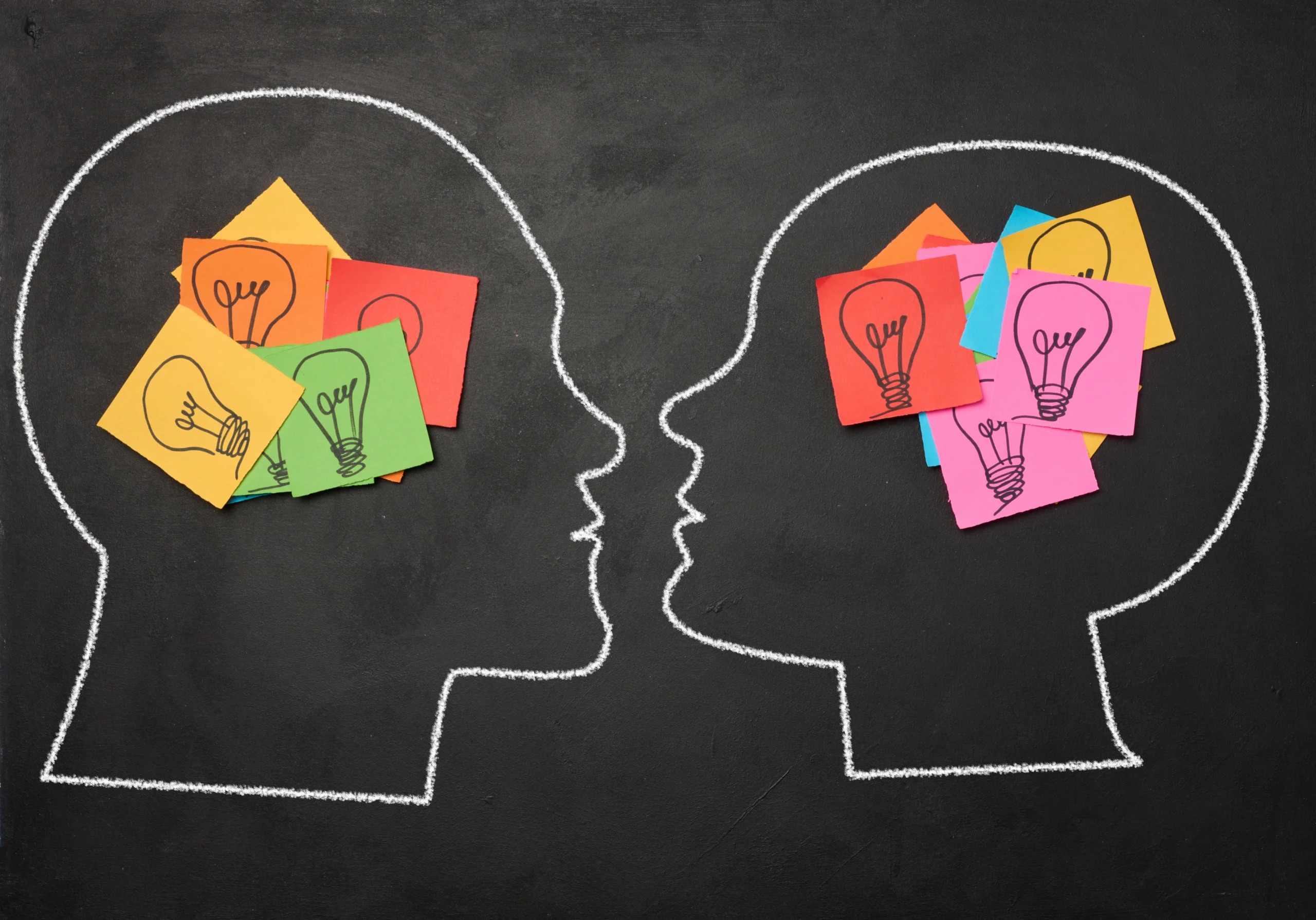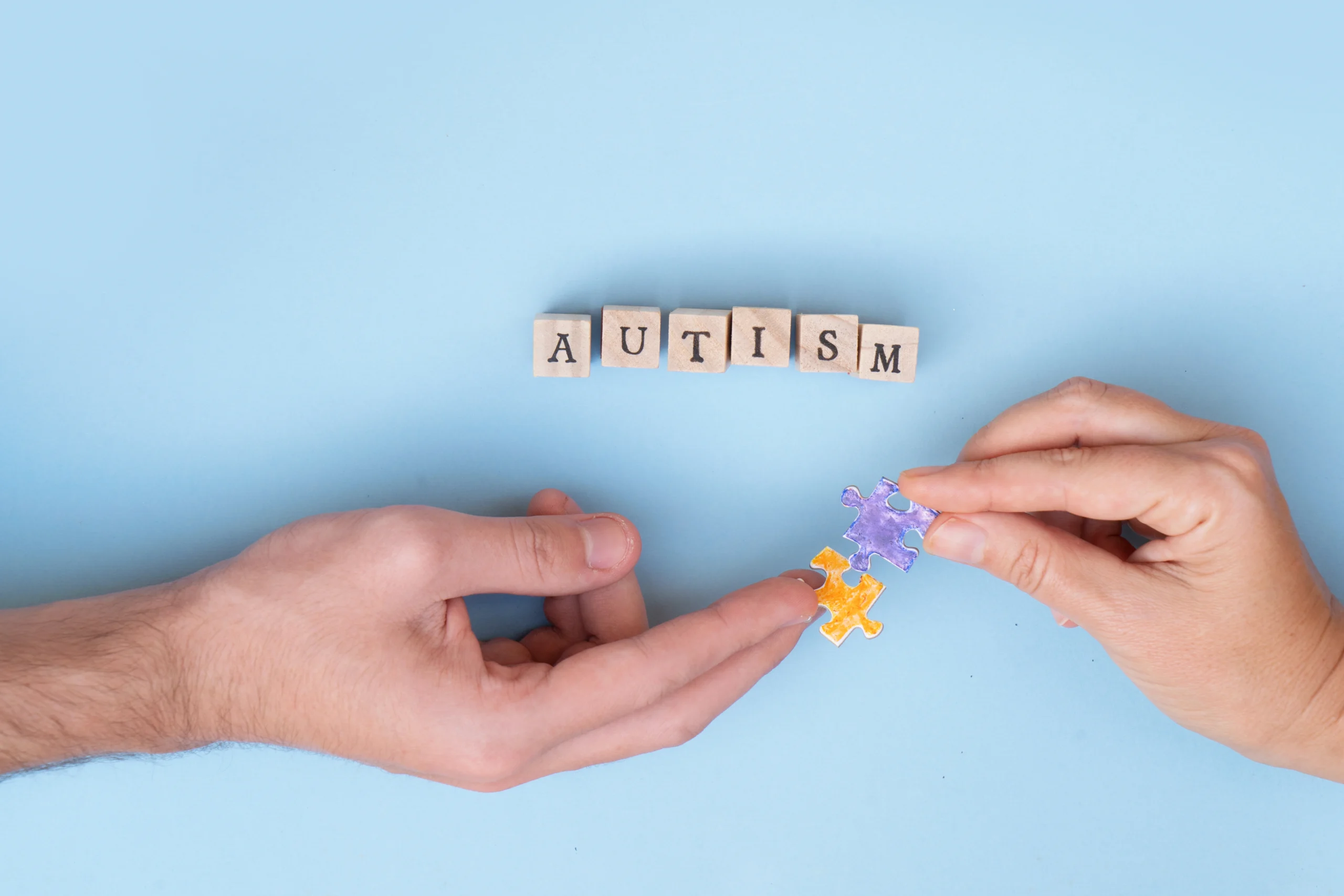Online therapy has been the buzzword over the last several years and it promises to make mental healthcare more accessible than ever before. As an experienced psychologist in India and therapist in Mumbai who provides individual therapy, child counseling, and couple counselling Mumbai, I have witnessed how digital mental health services have positively impacted many But studies and reality show that online therapy boom has mostly favored advantaged groups, and many people in India and especially in the rural and poor areas have not received the benefits.
There is much research available on this topic and in this blog, I am going to look at this subject through my personal lens, using the examples of studies and the problems that many individuals encounter in India today, and provide an insight to clients who need therapy and mental health services.
Key Point 1: Access to Technology Creates a Digital Divide

Convenience and accessibility is the promise of online therapy, yet it rests on the foundations of access to technology, smartphones, reliable internet, and digital literacy. In India, where rural population constitutes almost 70 percent of the entire population and 40 percent of the population has access to the internet, a significant number of the population is digitally excluded. Others do not have privacy or a quiet environment to carry out therapy.
This digital divide disproportionately excludes those from lesser-income backgrounds and marginalized communities, while urban, educated, and financially stable individuals more easily are able to access the benefits of licensed psychologist in India services online. This impacts who can access online psychologist consultation in India, creating inequality in mental health care availability.
Key Point 2: Socioeconomic Factors Affect the Ability to Seek Help
Outside the technological, social and cultural issues that restrict access to online therapy exist. Stigma against mental health stretches to 2025 to the effect that many will not seek help. Awareness campaigns are growing, but the depth of education on chronic post traumatic stress disorder symptoms, anxiety, and depression remains low in underserved areas.
Cost is another barrier. Although online services frequently lower the cost of sessions (down to less than INR 1000 in urban areas) most of the services outside of metropolitan centers are not able to pay even that amount, and not all mental health services in India are covered by insurance. This implies that therapists in Mumbai and other professionals metropolitan in orientation tend to have a smaller yet better off client base and many people go without therapy.
Key Point 3: Quality and Continuity of Care Remain Challenges
Although online therapy is accessible, quality of care and follow-through care is hard to sustain. The switch of online providers on a regular basis, the short duration of consultation, and the absence of personal contact may decrease the effectiveness of therapy. Many people need long-term, continuous support, and trusted therapeutic alliances in face-to-face environments can strengthen this support.
As a family therapist in Mumbai and PTSD specialist in Mumbai, I advocate for tailored mental health interventions, including group therapy sessions in Mumbai and premarital counseling services in Mumbai, to address complex needs comprehensively. Hybrid models that combine digital and face-to-face care can improve outcomes across diverse settings in India.
Conclusion: Bridging the Gap for Inclusive Mental Health Access
The emergence of online therapy is a significant accomplishment in the direction of making mental health care more accessible, particularly among urban and advantaged populations. But a large portion of the Indian population has stayed on the margins because of technology, affordability and social stigma.
As an experienced marriage and family therapist in Mumbai engaged in child therapy, teen therapy, and depression therapy, I see this as both a challenge and an opportunity. Therapists, policymakers, innovators and communities must come together to increase digital infrastructure, increase mental health literacy and care to ensure that therapy is accessible to everyone.
If you need support or want to explore therapy options, know that expert help is available, whether through online depression and anxiety tests in India, direct sessions with certified cognitive behavioral therapists in Mumbai, or relationship counselling India specialists. Mental health is a right and should be actualised to all Indians.
About Me: Tanu Choksi
I am Tanu Choksi, a kind, understanding psychologist in India and talk therapist, Mumbai based. I specialize in individual therapy, child therapy, couples therapy, family therapy, teen therapy, group therapy, depression therapy, premarital counseling, anxiety, and PTSD, providing therapy to clients across India and worldwide with empathy and professionalism.
Connect with Me
- Instagram, Facebook, LinkedIn: Follow me @tanuchoksi for mental health guidance and insights.
- Practo Profile: Ms. Tanu Choksi is a warm and friendly counselor and therapist in Mumbai, offering patient, non-judgmental, and rational solutions to personal problems.



